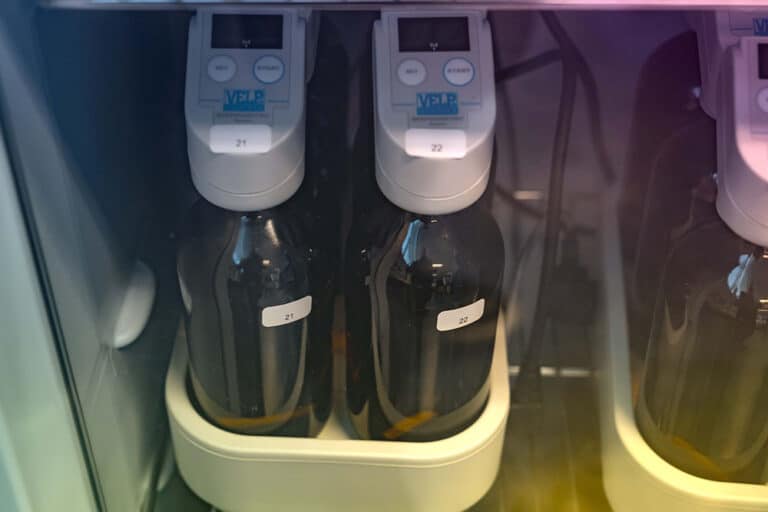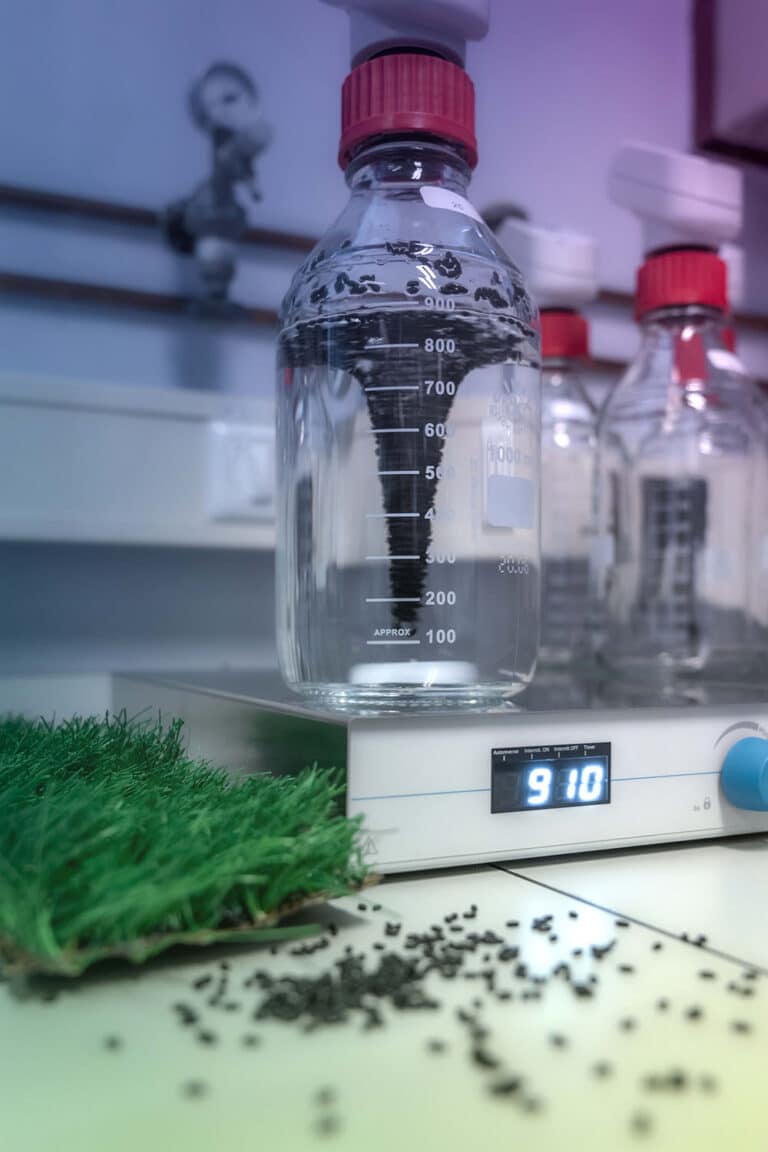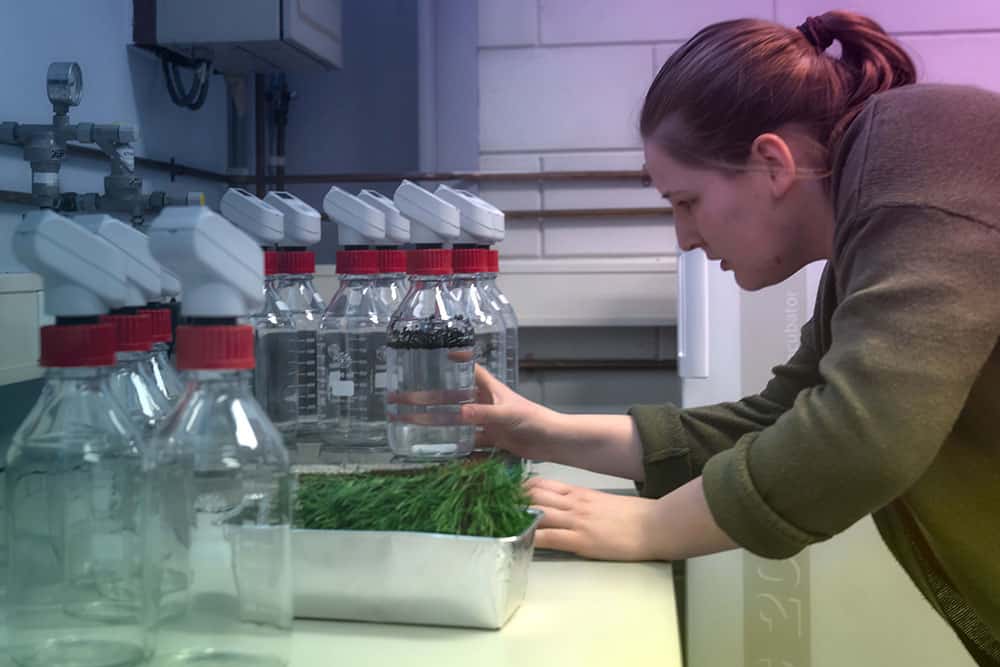Composting and biodegradation assessment
Biodegradable plastics are plastics that can be broken down into natural substances such as water, carbon dioxide, and biomass through the action of microorganisms, such as bacteria or fungi. They are designed to degrade faster than traditional plastics, which can take hundreds of years to decompose.

There are different methods to test if a plastic is biodegradable. These norms and standards are established by various organizations such as the International Organization for Standardization (ISO) and the American Society for Testing and Materials (ASTM). These standards and norms provide guidance for the biodegradation of plastics and help to ensure that biodegradable plastics meet certain criteria for biodegradability and environmental safety.
The tests involve placing the plastic sample in the environment defined by the respective standard and monitoring the breakdown of the material over a set period of time.
By utilizing a biodegradation system equipped with respirometers that measure oxygen demand in real-time, as well as titration of released carbon dioxide during decomposition, Senbis can effectively assess the biodegradation of biopolymer materials and products in a variety of simulated environments, such as aerobic or anaerobic conditions in e.g., compost, soil, marine environments, and water, among others).
Senbis offers testing services according to the following standards:
- Industrial composting according to ASTM D5338 or ISO 14855
- Aerobic biodegradation in soil environment according to ISO 17556 or ASTM D5988
- Aerobic biodegradation in marine environment according to ASTM D6691
- Aerobic biodegradation in aqueous environment according to ISO 14851
- Degree of disintegration under simulated composting conditions (either home or industrial) in a laboratory scale test according to ISO 20200
The testing procedure can be adjusted based on customer request:
- Duplicate or triple, while running blank and reference samples in parallel
- Stimulated environment (compost, soil, water, or marine), and the counterpart standard
- Assessment approach (oxygen demand, pressure measurement, evolved carbon dioxide, etc.)
- Duration of the test from 1 month to 24 months

Please note that the analysis is intended to provide an initial assessment of the biodegradability of the sample. Official certifications can only be obtained from specialized labs of the certification agencies such as TÜV Austrian, TÜV Rheinland, and BPI.
